Plastics are now entwined into our daily lives and this has been happening in a marked manner over the last few decades. The excessive use of plastics combined with poor management and disposal practices are a major contributor to the global pollution crisis that we are facing today. It is time that we all came together to discuss the issues and threats caused by plastics and identified ways to address them. It is for this purpose that Consumers International, a federation of consumer groups from across the world, adopted the theme of ‘tackling plastic pollution’ to mark this year’s World Consumer Rights Day (WCRD). WCRD is celebrated on March 15 every year, to demand for protection of consumers’ rights and to protest against market abuses. This year’s theme is especially relevant, as the world fights its way through a pandemic. The pandemic has somehow created and consolidated the myth that single use plastics are safer and better in our fight against the virus.

World Consumer Rights Day 2021
In order to raise public awareness on the global plastic crisis, Citizen consumer and civic Action Group (CAG), organised a webinar on “Tackling Plastic Pollution” on WCRD. The webinar looked at three main topics: the effectiveness of the plastic ban in Tamil Nadu, the quality and consistency of recycling labels on food and beverage products and, thirdly, the efforts taken by Amazon to minimise plastic pollution.
The plastic ban in Tamil Nadu
Two years ago, Tamil Nadu banned single use plastics (SUPs) - specifically 14 items. CAG’s study aimed to understand how well the ban had been implemented. CAG surveyed the presence of single use plastics across three broad business areas: eateries, retail markets, and wholesalers. The eateries survey looked at 108 outlets across the city and covered different types of shops (hotels, juice shops, roadside snack shops, etc) and covered different modes of service (home delivery, takeaway, and dine in). For the wholesale space, 5 locations in Chennai were surveyed - Koyambedu, Sowcarpet/Kothval Chavadi, Pondy Bazaar, Adyar Flower Bazaar, and Thiruvanmiyur market. In addition, a dozen retail shops (data collection is ongoing) were also observed to note if, and what kind of single use plastic is used.
The eateries survey found that, not surprisingly, home delivery and takeaway generated the maximum amount of single use plastic waste. In the 59 shops (of 108) where these modes of service were checked, the top 5 SUP items were plastic containers with lids, plastic pouches, condiment packets, sticky tape, and carry bags. Hats off though to the Greater Chennai Corporation (GCC) for ensuring that their Amma Canteens continue to be plastic free. The Canteens do not use any single-use plastic and customers are clearly informed that takeaway is allowed only if the customers bring their own utensils.

Break up of the single use plastics found in the survey of eateries
The wholesale spaces surveyed also did not fare well. In 2020, CAG had surveyed 3455 shops and found carry bags in all of them and plastic covers in 51% but in 2021, in the 1936 shops surveyed, all had carry bags and plastic covers. In the 10 retail shops surveyed so far, all had banned items (such as cling film, plastic trays, clamshell boxes, and carry bags) and many were prominently displayed.
Behind the Labels: Analysing recyclability information
The second study conducted by CAG in 2021 looked at recycling labels on food products packaged in plastic. Easily available and understandable information (through labels) about the recyclability of plastics used in packaging is key to the public’s ability to make sustainable choices. A consumer, on purchasing any product, needs reliable information on whether the plastic that comes with the product is recyclable and how easily it is recyclable. It is incumbent upon manufacturers to convey this information to consumers using a predetermined number system as is required by law. The Bureau of Indian Standards (BIS) specifies how food products must be labelled when it comes to recycling information of their packaging.
CAG surveyed 5 cities in Tamil Nadu - Chennai, Coimbatore, Thiruvarur, Tiruvannamalai, and Madurai, and looked at food products in different kinds of shops - supermarkets, small grocery stores, organic stores, bakeries, sweet shops, and grocery outlets in low income areas (potti kadai) to ensure coverage of big to small local brands and non-branded items as well.The study found that a little over half the products met the standard.
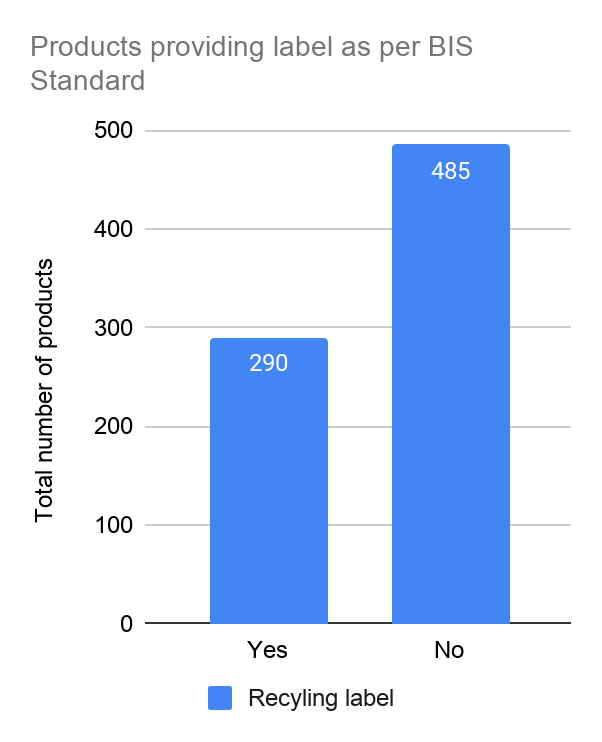
The study also analysed how some of the top brands in the state fared. Many products provide just the recycling symbol without information on the type of plastic used. Often the symbol is very small (compared to the print on the rest of the label) or is located in a corner and is not easily visible. In addition, several products have the information embossed on the plastic (often on the underside of the container) making it hard to read.
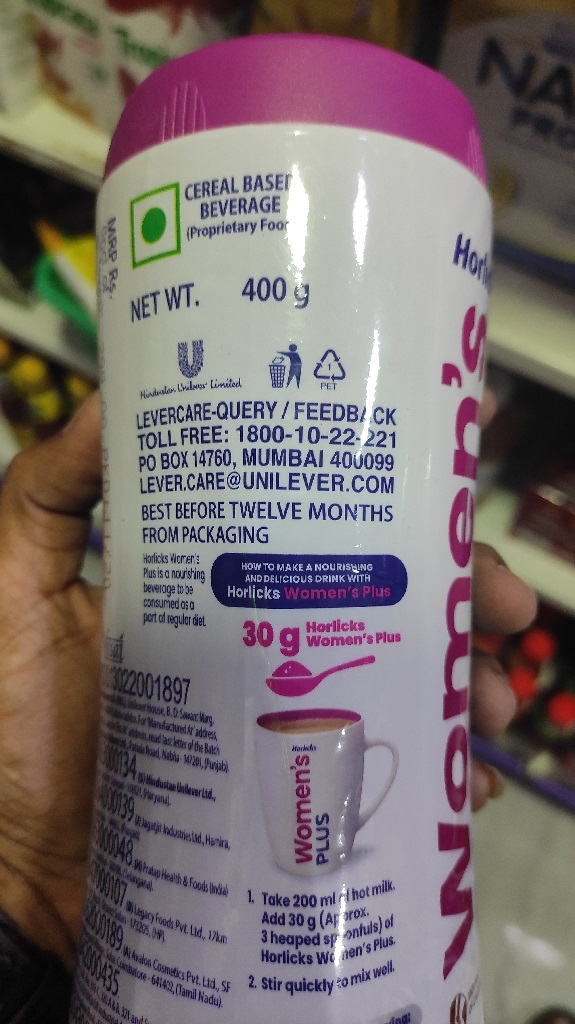
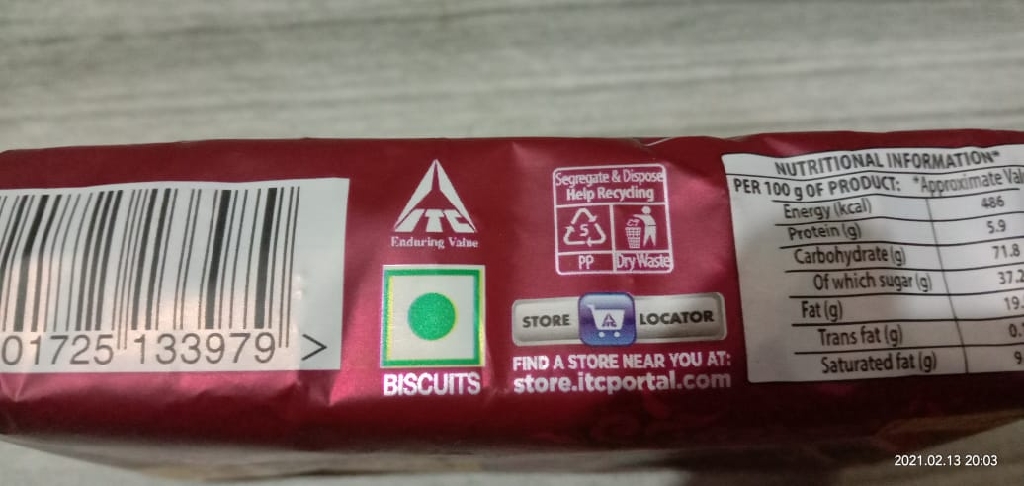
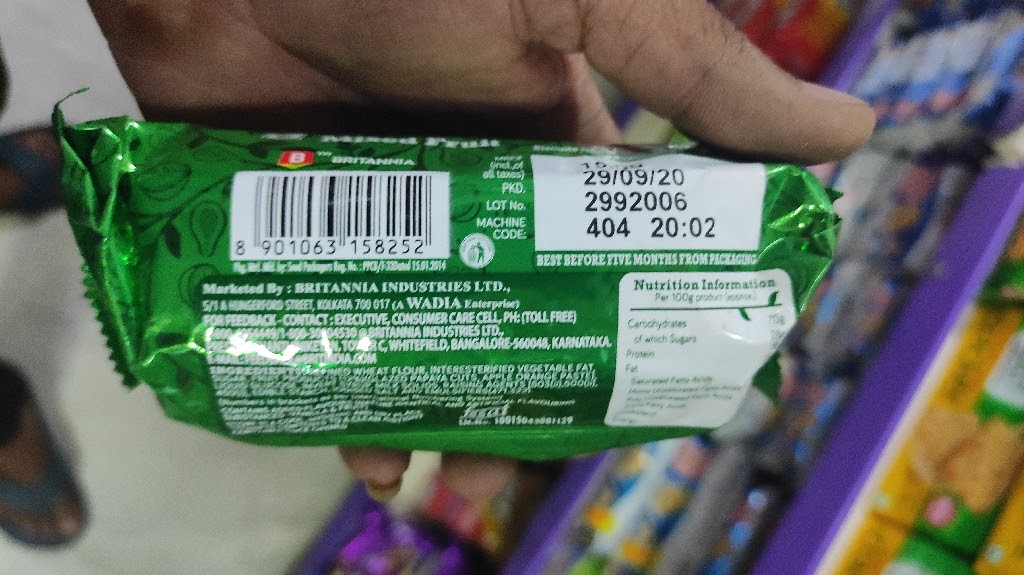
Some examples of recycling labels - the good, the incomplete, and the non-existent
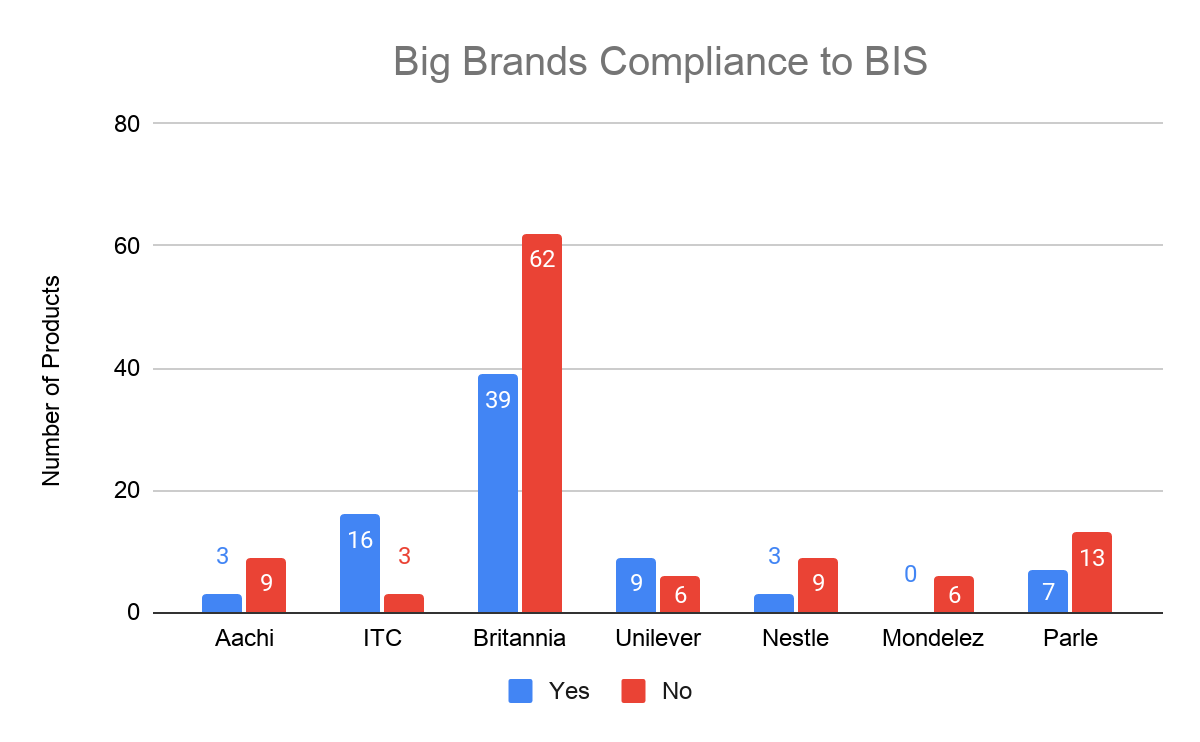
What do consumers make of recycling labels on products?
CAG also conducted a perception survey of 447 consumers in the 5 cities covering different age groups, socio-economic backgrounds, and genders. The survey sought to understand the consumer’s awareness level on recycling labels, on the issue of plastic pollution, and what kind of recycling label would be of use to them. While a majority agreed that plastic pollution is a huge issue, most were unsure if plastic could be recycled. While quite a few of them claimed that they sometimes checked recycling information while purchasing products, when asked what they checked for, they tended to speak of expiry dates and MRP leading us to conclude that they do not actually check for recycling information. What was heartening however was that 424 participants (almost all surveyed) said they would make more informed decisions on which products to buy if the recycling information was clearly provided. They also noted that location of the information on the package, size of the symbol, information in the vernacular, and specifically information on how to dispose of the plastic would be useful to them.
Amazon’s efforts towards sustainable packaging
The webinar ended with insights from Ms.Smriti Sharma of Amazon, who spoke on the efforts Amazon has taken to reduce plastic use. She explained how businesses perceive the use of plastics as a trade-off: on the one hand it is essential to enhancing the shelf life of a product or to guarantee its safe delivery to a customer. On the other hand, she acknowledged the dangers that plastics pose to public health and our ecosystem. She talked about how Amazon has worked to reduce its reliance on plastic packaging. Ms. Sharma also took questions and suggestions from participants at the end of the webinar. Suggestions and questions from participants included why there isn’t a blanket ban on plastic packaging from Amazon. Ms. Sharma explained that several sellers on Amazon are small time vendors and imposing such a restriction might have other consequences on their livelihoods. She also added that items ‘Fulfilled by Amazon’ and dispatched from Amazon warehouses will not carry plastic packaging. Another suggestion was that if plastic free packaging could not be imposed on vendors, it would be useful to give that choice to consumers by marking items and vendors as plastic-free. Ms. Sharma agreed this was a good idea and one she would take back to Amazon.
The webinar and the studies it showcased, throw light on the fact that the plastic crisis shows no signs of abating. On the contrary, over time, the determination of the public and policy makers to take on the plastic crisis appears to have weakened. The webinar highlighted that we cannot afford to slow down, especially as there is overwhelming evidence that plastic is destroying our ecosystems and our health. It has already reached crisis proportions and needs all stakeholders to work together - right from the consumer switching to sustainable living, to businesses empowering customers to make this switch to governmental agencies framing, implementing and enforcing necessary policy changes.